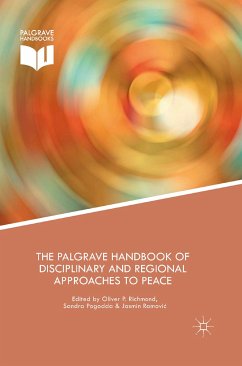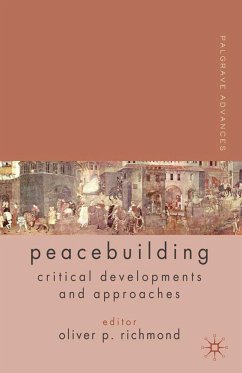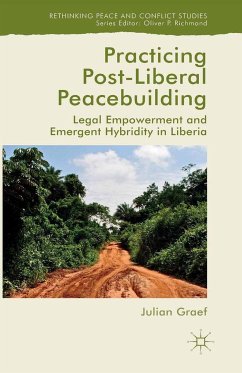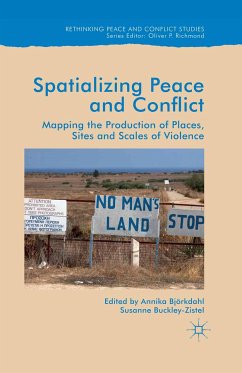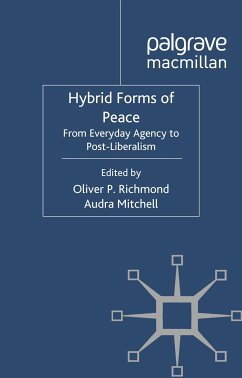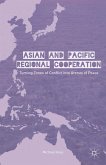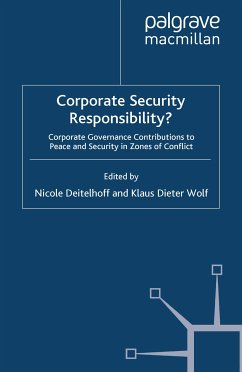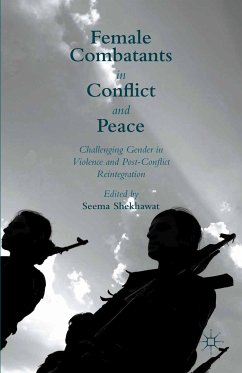In this handbook, a diverse range of leading scholars consider the social, cultural, economic, political, and developmental underpinnings of peace. This handbook is a much-needed response to the failures of contemporary peacebuilding missions and narrow disciplinary debates, both of which have outlined the need for more interdisciplinary work in International Relations and Peace and Conflict studies. Scholars, students, and policymakers are often disillusioned with universalist and northern-dominated approaches, and a better understanding of the variations of peace and its building blocks, across different regions, is required. Collectively, these chapters promote a more differentiated notion of peace, employing comparative analysis to explain how peace is debated and contested.
Dieser Download kann aus rechtlichen Gründen nur mit Rechnungsadresse in A, B, BG, CY, CZ, D, DK, EW, E, FIN, F, GR, HR, H, IRL, I, LT, L, LR, M, NL, PL, P, R, S, SLO, SK ausgeliefert werden.

